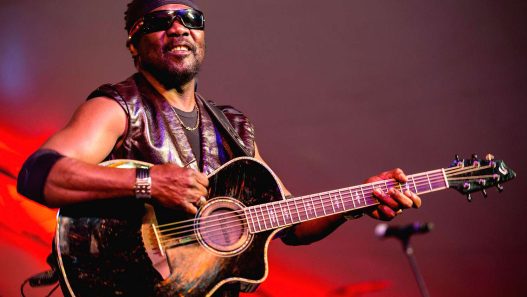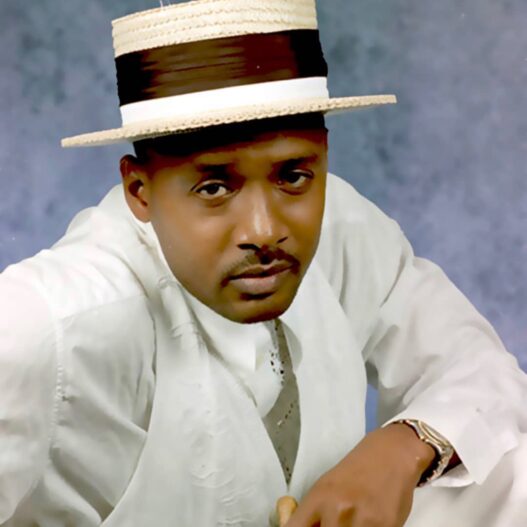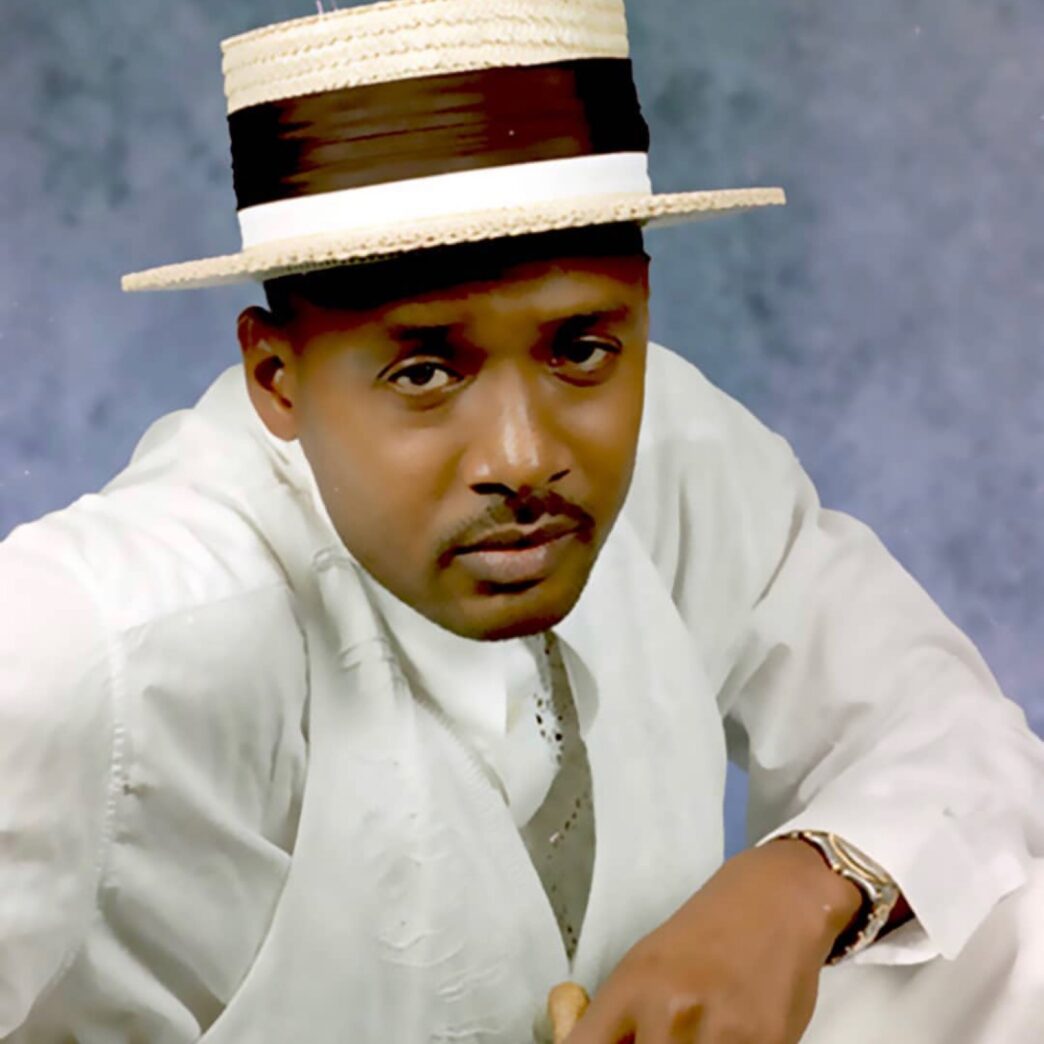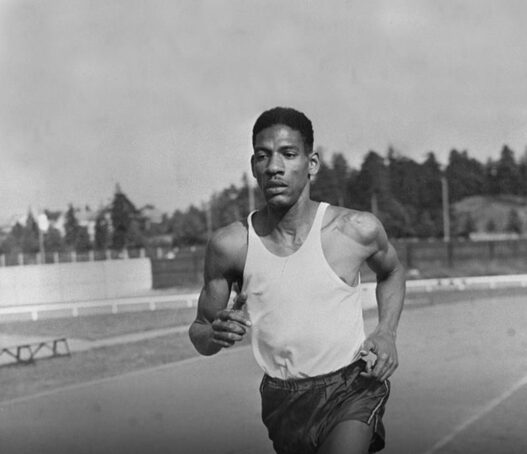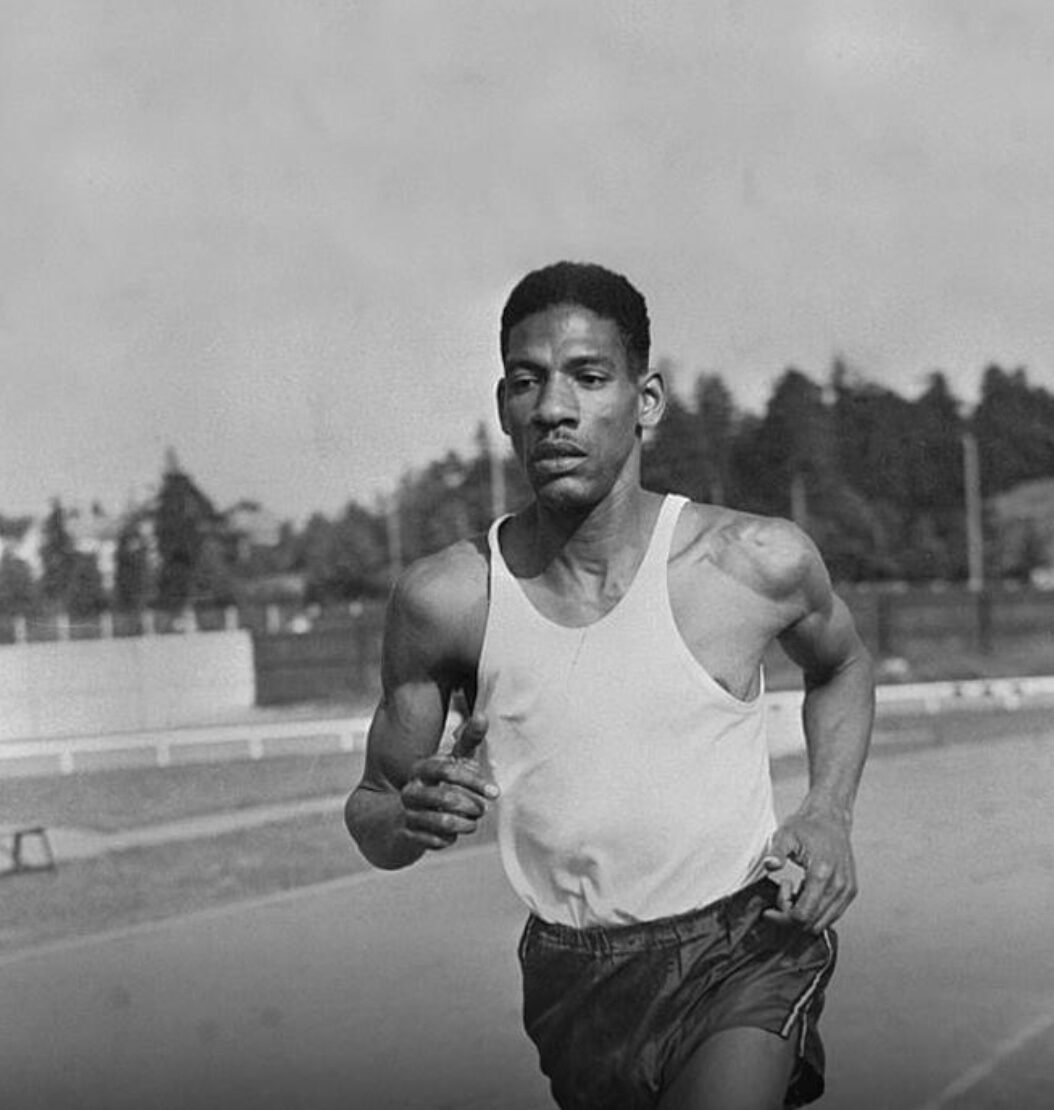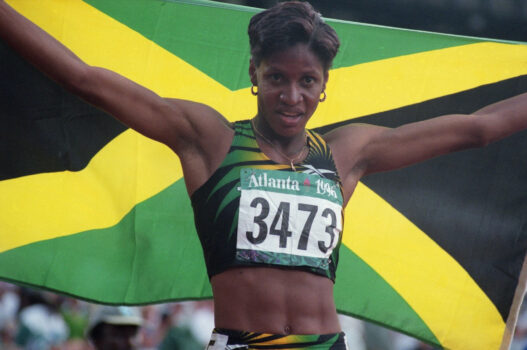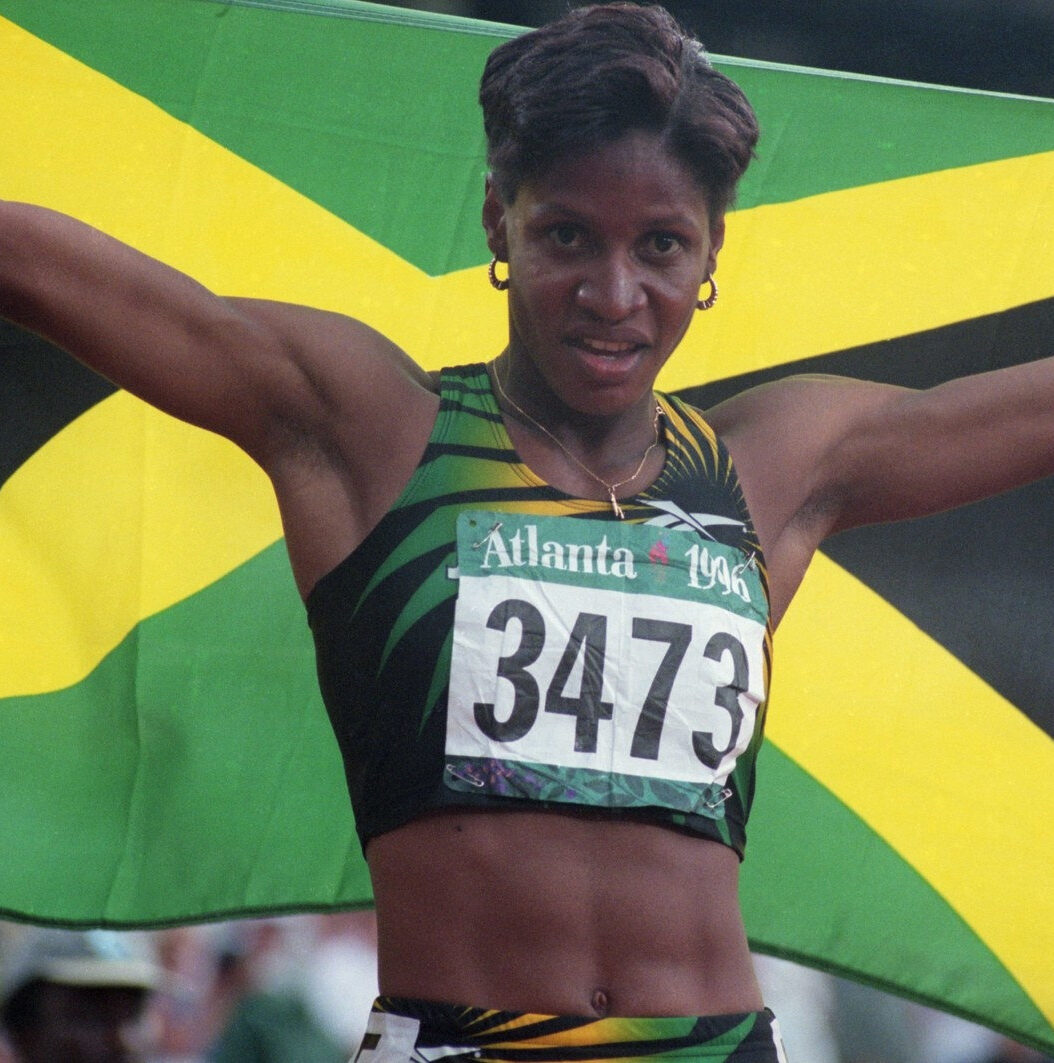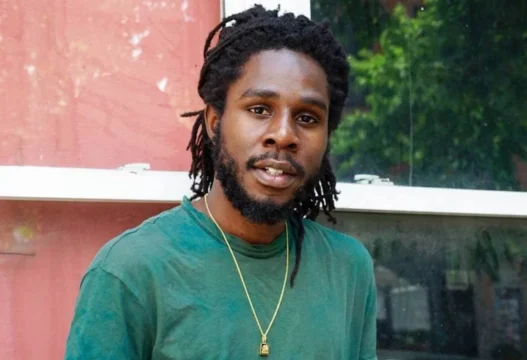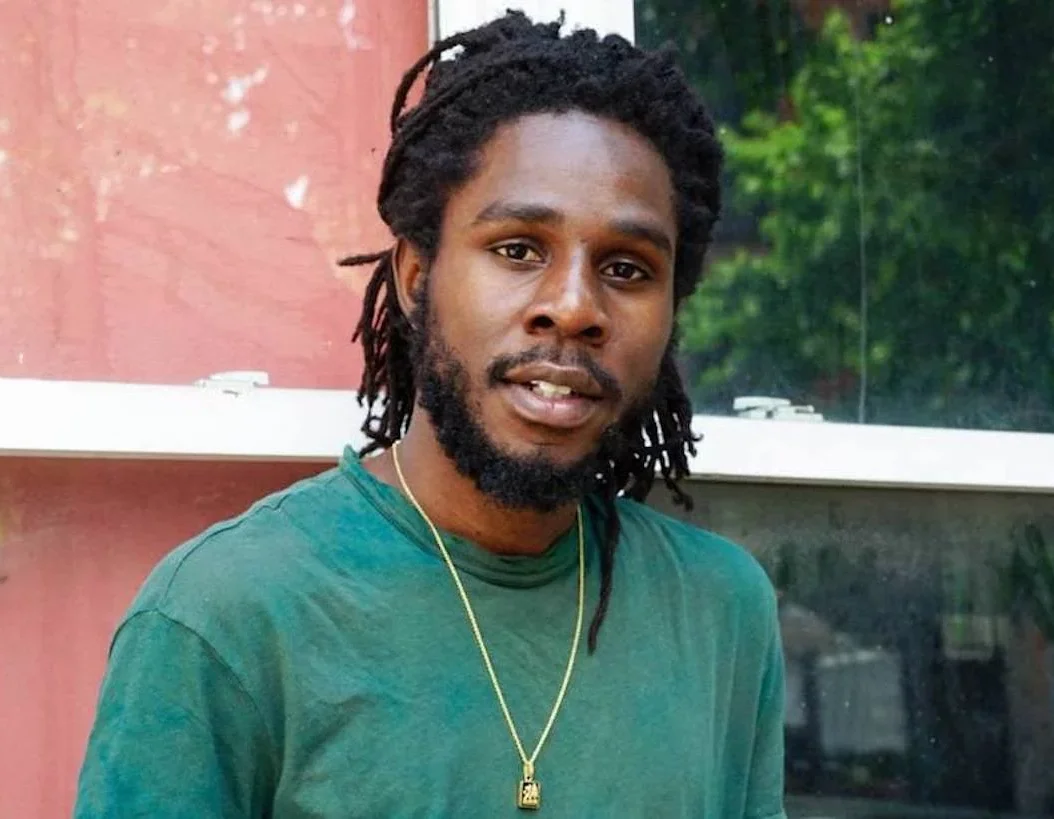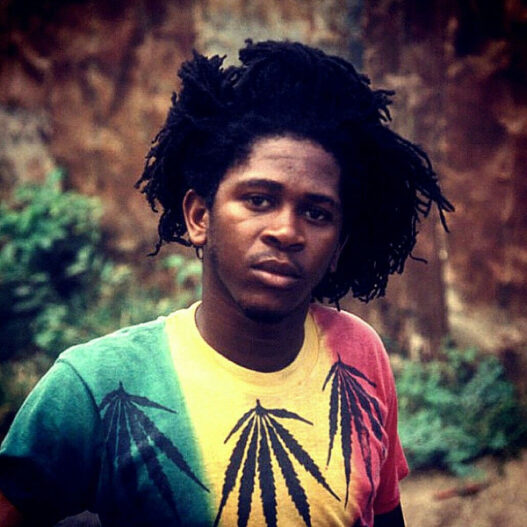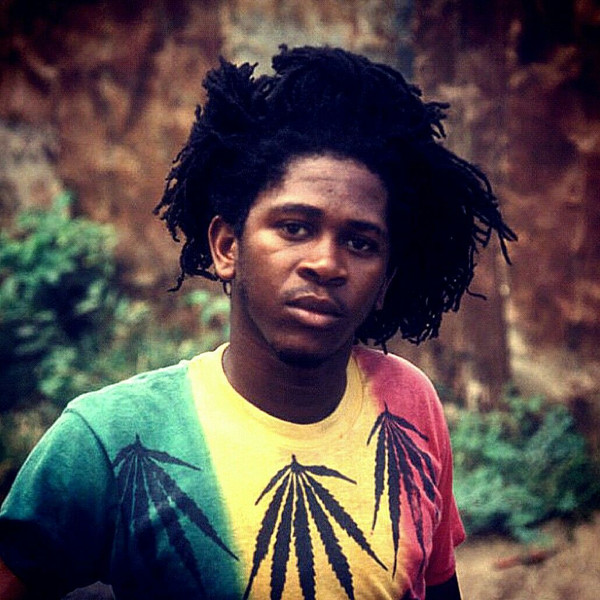William Anthony Maragh, better known as Super Cat, is a Jamaican deejay who rose to fame during the late 1980s and early 1990s dancehall movement. With his unique style and catchy tunes, Super Cat became one of the most celebrated deejays in the history of the Jamaican music scene.
Early Life and Career Beginnings
Born on June 25, 1963, Super Cat grew up in the tough Seivright Gardens neighborhood of Kingston, Jamaica. Surrounded by influential deejays like Prince Jazzbo and U-Roy, he was exposed to the vibrant reggae and dancehall culture from a young age.
Super Cat’s journey in the music industry began when he was just seven years old. The Soul Imperial sound system allowed him to assist them at a local club called Bamboo Lawn, sparking his passion for music. He initially auditioned as a singer for Joe Gibbs but was unsuccessful. However, he didn’t let that deter him and soon started his career as a deejay under the name Cat-A-Rock, later switching to Super Cat. He also adopted the nickname “Wild Apache,” given to him by his mentor, Early B.
Rise to Prominence
Super Cat’s recording career took off in 1981 with the release of his first single, “Mr. Walker,” produced by Winston Riley. This marked the beginning of his successful journey in the music industry. He went on to record for Jah Thomas and released the hit single “Walkathon,” where he was billed as ‘Super Cat the Indian’.
However, his career was temporarily interrupted when he faced a period of incarceration. Upon his release, Super Cat joined forces with Early B on the renowned Killamanjaro sound system in 1984. In 1985, he released his debut album, “Si Boops Deh!,” which featured hit singles like “Boops” and “Cry Fi De Youth.” These songs established his signature dancehall style, characterized by conscious lyrics and infectious rhythms.
Establishing His Own Productions
Super Cat’s talent and success led him to start his own record label, Wild Apache Productions. This allowed him to have more creative control over his music and produce his own recordings. In 1988, he released the album “Sweets for My Sweet,” showcasing his versatility as an artist.
Collaborations and International Success
Super Cat collaborated with various artists throughout his career, further cementing his impact on the global music scene. He featured on the album “Cabin Stabbin” in 1991 alongside Nicodemus and Junior Demus. He was scheduled to perform at the One Love concert in the UK in 1991 but had to cancel due to the tragic shooting death of Nitty Gritty. Super Cat was initially suspected but was later cleared in 1992.
His success led him to move to the United States and sign a contract with Columbia Records, becoming one of the first dancehall artists to release an album on a major label. His album “Don Dada” (1992) gained international recognition and featured hit singles like “Don Dada,” “Ghetto Red Hot,” and “Dem No Worry We” with Heavy D. Super Cat’s collaborations extended to artists like Kris Kross, The Notorious B.I.G., and Sugar Ray, further expanding his reach.
Legacy and Continued Performances
Super Cat’s contributions to the dancehall scene earned him numerous accolades and recognition. In 1993, he was named the dancehall artist of the year by The Source magazine. He continued to release music and collaborate with artists such as India.Arie, Jadakiss, and 112 in the early 2000s.
Although Super Cat took a hiatus from the music industry, he made a comeback in 2009, performing alongside Buju Banton and Barrington Levy at Madison Square Garden. He also headlined the ‘Best of the Best’ concert in Miami in 2008, showcasing his enduring popularity and influence.
Super Cat’s impact on the music industry is undeniable. His unique style, conscious lyrics, and infectious rhythms have solidified his status as a dancehall legend. Whether it’s his early hits like “Boops” or his collaborations with international artists, Super Cat’s music continues to captivate audiences worldwide.
For more information about Super Cat and other Jamaican music legends, visit www.purejamaicamedia.com, your ultimate source for all things Jamaican music and culture.





